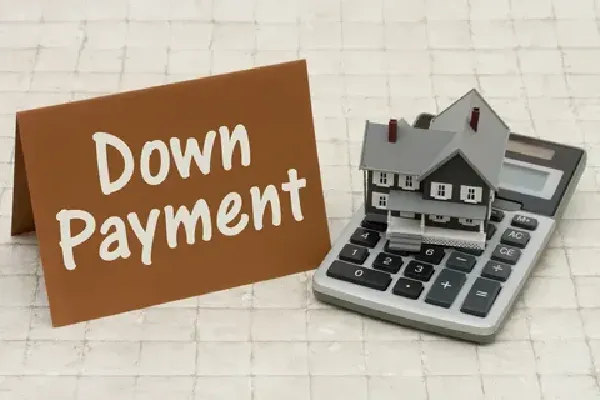
The Down Payment and Mortgage Relationship
The Down Payment and Mortgage Relationship

The Importance of Down Payments in Mortgages
When it comes to mortgages, the size of your down payment can significantly impact the terms, options, and overall cost of your loan. While it might be tempting to opt for the lowest down payment, it's essential to understand how down payments work and the long-term benefits of contributing more upfront.
The Relationship Between Down Payment and Mortgage
1. Lower Interest Rates and Better Terms
Higher Down Payment, Better Rates: Lenders typically offer better interest rates and terms to borrowers who can make a larger down payment. This is because a substantial down payment reduces the lender's risk.
Reduced Total Interest Paid: Borrowing less money means you will pay less interest over the life of the loan. Even a slightly higher interest rate on a larger loan can lead to significantly more interest paid over time.
2. Avoiding Private Mortgage Insurance (PMI)
PMI Savings: By making a down payment of at least 20%, you can avoid the additional cost of PMI, which lenders require to protect themselves in case you default on the loan. PMI can add a considerable amount to your monthly payments.
3. Building Home Equity
Greater Ownership: A higher down payment means you own more of your home from the start, giving you more equity. This can be beneficial if you need to borrow against your home in the future or if you decide to sell.
Equity Growth: As your home's value increases, the equity you have in the home grows more significantly if you initially own a larger share.
Considerations for Different Down Payment Scenarios
1. No Down Payment or Low Down Payment Mortgages
Higher Interest Rates: These loans often come with higher interest rates to compensate for the increased risk to the lender.
Increased Loan Costs: Over time, the higher interest rates and the potential requirement for PMI can make these loans much more expensive.
2. Saving for a Larger Down Payment
Financial Preparation: Setting aside money for a larger down payment can lead to better loan terms and significant savings. Aim for at least 20% to maximize benefits.
Long-Term Savings: By waiting and saving for a larger down payment, you can reduce your long-term financial burden.
Practical Tips for Homebuyers
Assess Your Financial Situation: Evaluate how much you can realistically save for a down payment without compromising your financial stability.
Explore Mortgage Options: Compare different mortgage products and their requirements. Understand how varying down payment amounts impact your loan terms and total costs.
Plan for the Future: Consider how long you plan to stay in the home and your future financial goals. A larger down payment might be more beneficial if you plan to stay long-term.
Conclusion
While no down payment or low down payment mortgages might seem appealing due to their immediate affordability, they can lead to higher costs over the life of the loan. Making a larger down payment, ideally around 20%, can save you money on interest, avoid PMI, and build significant home equity from the start. Being financially prepared and understanding the implications of your down payment choice can help you secure the best mortgage for your needs.
